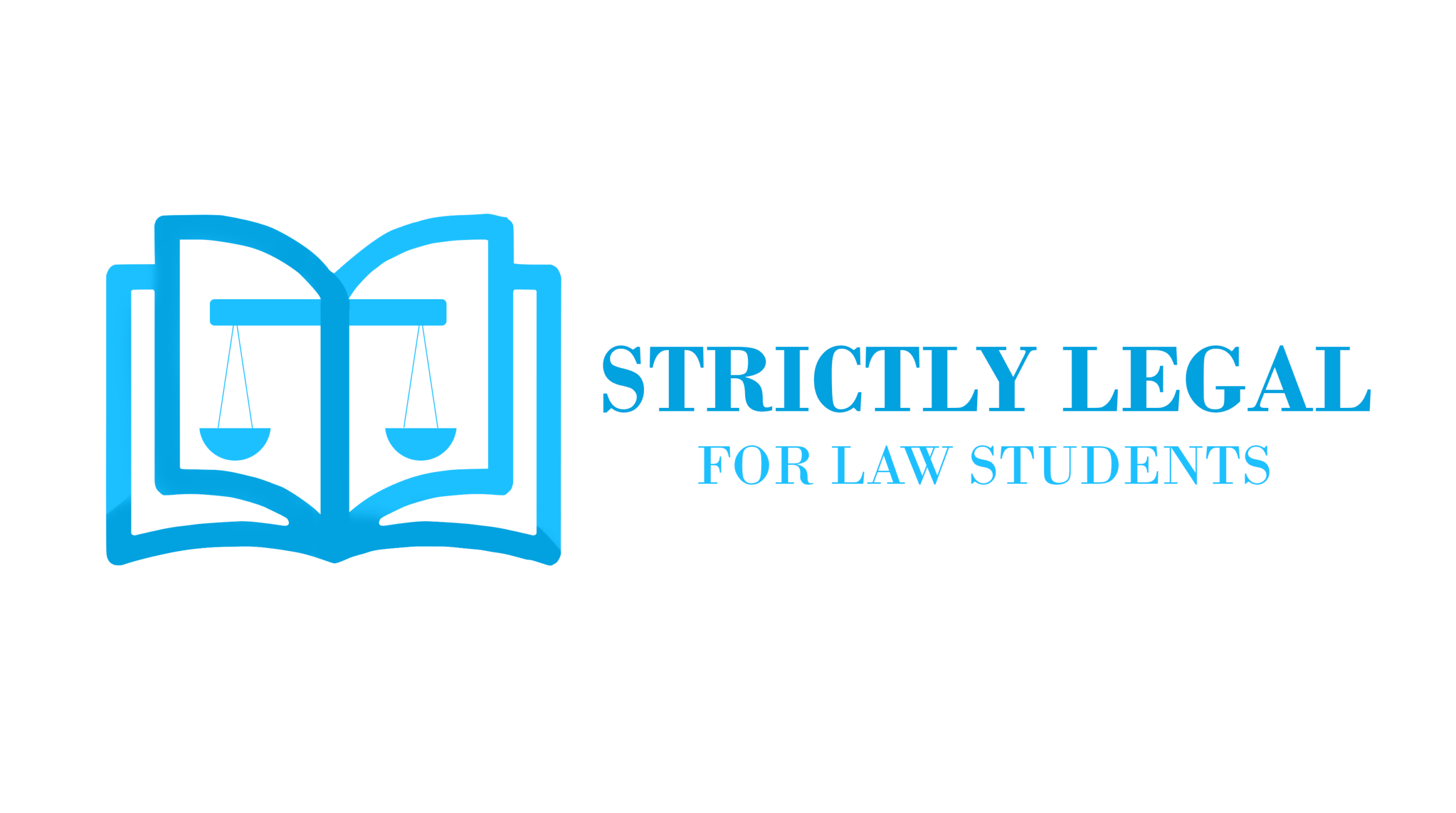Table of Contents
Have you ever thought if discrimination is legal at a private workplace?
Can Organisations like Google India Pvt. Ltd. or for that matter Your-own-company Pvt. Ltd. can discriminate against anyone on the basis of mere religion, sex, caste, or similar things?
Under part 3 of the Constitution of India, the concept of Fundamental Rights comes into play. The citizens of India have been vested upon with certain rights, by the constitution-makers. (eg: Article 14 for non discrimination). When infringed, it can be brought into the notice of the Honorable Supreme Court of India viz. Writs.
The term writs stand for “a written legal order given by the court.”
What does the Constitution of India state about discrimination?
The following articles come into play a vital role when we talk about discrimination.
Article 14: Equality before law and equal protection of law.
Article 15: Prohibition of discrimination on grounds of religion, race, caste, sex or
place of birth.
Article 16: Equality of opportunity in matters of public employment.
It is to be noted that the above-stated articles are only for the matters of state that is if the state discriminates the citizen on the above grounds then action can be brought against the state using the above articles.
Now the main question arising in our mind is what is a state?
Under Article 12 of the Constitution of India state has been defined as; unless the context otherwise requires the term state it includes :
1. Government and the Parliament of India.
2. Government and legislature of each State.
3. Local and other authorities within the territory of India.
4. Local and other authorities within the control of the Government of India.
In addition to these, through judicial pronouncements a test was created.
In Ajay Hasia v. Khalid Mujib case, the Supreme Court laid down the following tests to check whether a body is an agency or instrumentality of the state:
1. if the entire share capital of the corporation is held by Government it would go a long way toward indicating assistance of the state.
2. Where the financial assistance of the State is so much as to meet the almost entire expenditure of the corporation, it would afford some indication of the corporation being impregnated with governmental character.
3. The corporation enjoys monopoly status which is the State conferred or State protected.
4. The existence of deep and pervasive State control may afford an indication that the Corporation is a State agency or instrumentality.
5. If the functions of the corporation of public importance and closely related to governmental functions, it would be a relevant factor in classifying as an instrumentality or agency of Government.
6. Specifically, if a department of Government is transferred to a corporation, it would be a strong factor supportive of this inference of the corporation being an instrumentality or agency of Government.
Now if any company satisfies the following test, it qualifies as an agency or instrumentality of the STATE. Therefore it cannot discriminate against its employees(or for that matter any other person). If it fails to satisfy the above test I. e it is not an agency or instrumentality of the state, there is nothing that stops him from discriminating.
In B.S. Minhas v. Indian Statistical Institute, it has been held to be an instrumentality of the state and hence it cannot discriminate among its employees.
In M.C. Mehta v. Union of India Private Corporation fell within the ambit of Article 12.
India lacks a comprehensive anti-discrimination statute regulating private employers as well as compensation for victims of discrimination. There are no strings that can hold a private individual from discriminating against its employers or workers for that matter.
Contributions such as these help us build and sustain a community of curious minds. We welcome Contributors to Sign up on our website through this link and send us their articles or blog posts.
Striving to create a community of like minds,
team SL,

Users not registered with Strictlylegal can Email us their content and the same are posted through this account. In case of abuse, kindly let us know at [email protected]





